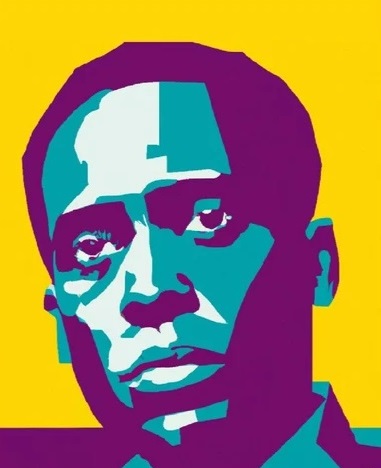Contributions of Frantz Fanon to the construction of another method in and from Latin America and the Caribbean
Abstract
This article inquiries about the methodological principles in the major works of Frantz Fanon in which we identify a contribution to establish “another” method in the frame of an “new” anti-colonial and antiracist science. As a starting point, we consider the importance of this contribution to the construction of a way of doing science in Latin America and the Caribbean that question the positivist tradition. From a hermeneutic and interpretive methodology, we tackle four dimensions of analysis that outline the methodological proposal of the author: the subject-subject relation, the situationality of thought, the heterogeneity of knowledges involved, and the interweaving between science and politics
Downloads


